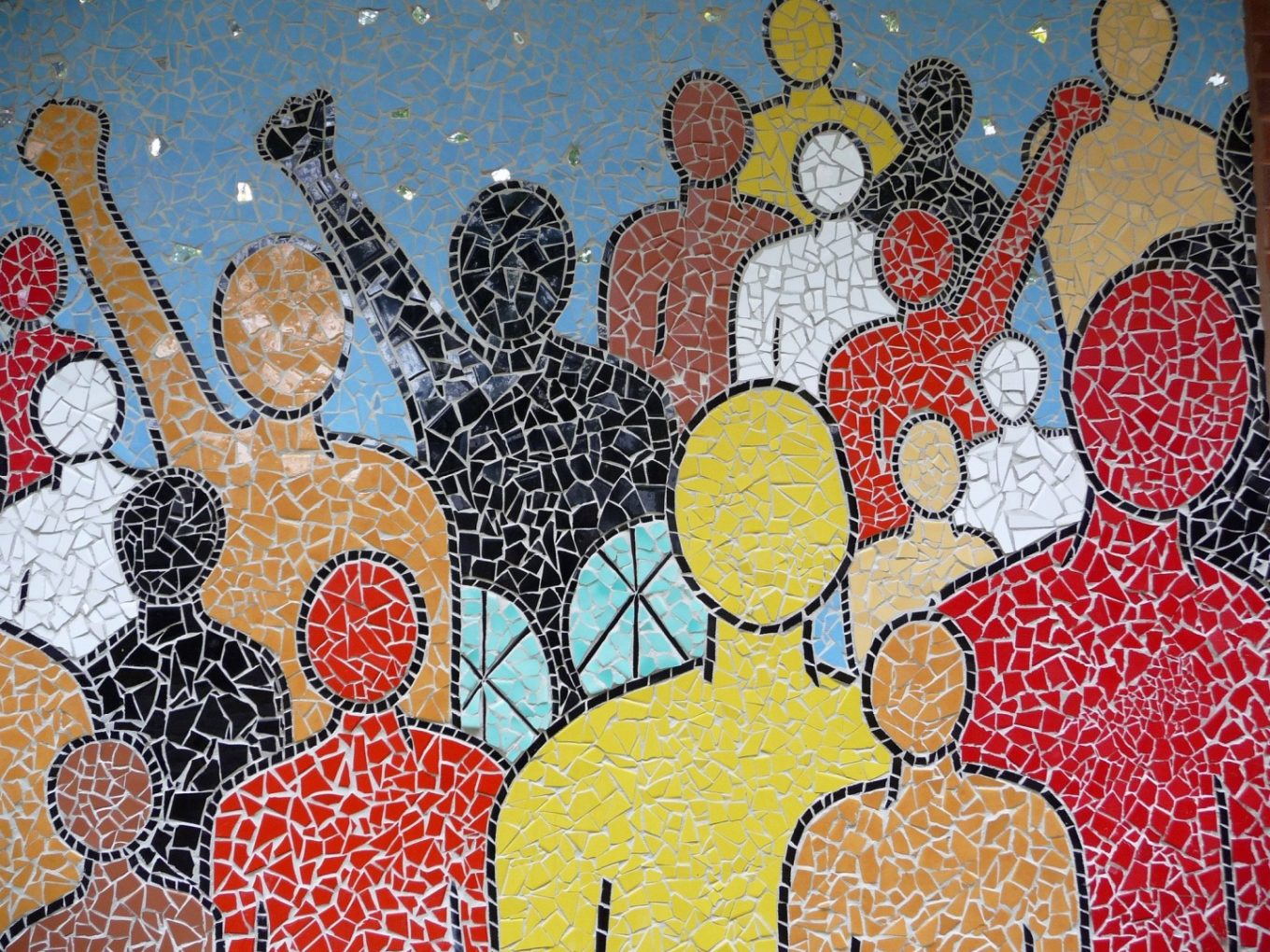
The fundamental pillars of the Sharing Economy have suffered badly in recent years after various missteps. Two of the main companies that wave the flag of this P2P-based activity, Uber and Airbnb, are now being target of lawsuits while protests about their poor working conditions arise in every country. Sharing, in the end, wasn’t such a mantra that needed to be followed. Instead, they became a sort of elitist companies that charge for being part of their platform, a vertical hierarchy that tore apart every single bit of what Sharing Economy means.
However, not everything is lost for sharing economy enthusiasts. Many workers and true believers of this “defined peer-to-peer (P2P) based activity of acquiring, providing or sharing access to goods and services that are facilitated by a community based on-line platform,” according to Investopedia, haven’t given up yet on their dreams and have brought from the past a long forgotten business model: cooperatives. For instance, they are building a true collaborative consumption, P2P, digital platforms, governed by the members of it.
Unfortunately, there are problems along the way. Companies such Uber, Airbnb or Deliveroo have had such success that they have left little gap for newcomers. They act as proper monopolies within a given market, and they empower their presence through a chain of “value creation”. The more drivers join Uber, for example, the more users will trust it, more presence will have on the street and more consumer will use their services.

New platforms, the likes of Up&Go, Helpling or Partago, need to go all the way from the beginning, dodging every single one of these obstacles to reach consumers and creating value out of thin air in a very competitive market. In addition, “cooperatives struggle with efficient decision making and they still need to facilitate trust like other platforms,” said Jovana Karanovic, from The Next Web magazine. And most of the times, they find themselves facing an impossible task, the cake is already shared out.
They have, nonetheless, a new tool that might tip the scale towards the new true coop platforms side: the blockchain.
“Blockchain is promising to level the playing field. If in right hands, it could enable individuals to transact directly with one another without the need for centralized authority, while promising the same, if not superior, security levels. In addition, profits could go back to the community that generated them,” accurately pointed out Jovana Karanovic.

Blockchain could facilitate the trust
This distributed ledger technology allows all peers or member of the chain to oversee any change or modification of the platform. It will promote trust between them and leverage a true decentralized platform. Some blockchains can be enforced by smart contracts to mark off the limits of the enterprise and every individual’s power.
Trust will be carried onto Insurance
As Jovana agreed with, “this idea of “distributed trust” could be carried onto insurance. Each existing member would need to place a monetary value on the trust of a new member.
If the new member does not deliver a desired service (clean rental apartment), the members that vouched for him would take a hit. This could reduce free-riding and create a community that enforces trust and cooperation.”
Transparency
Blockchain leverages the idea of being completely transparent. It does not only apply to users but also to members of the cooperative as well. A decentralized platform needs to be as much transparent as it can so the value of trust is created and shared accordingly. No hidden fees, no extra charges, no unpleasant surprises, a true blockchain-powered platform will once a for all break the walls between company and client.
Decision making
This one might rise up some complications, some would say, as cooperatives have historically struggled to organize efficiently. On the contrary, “blockchain could make decision making easier than ever. Members of the cooperative, all over the world, could digitally vote for various issues. Blockchain ensures that each member stays anonymous and that the system cannot be hacked. One startup has already developed digital ballot boxes,” said Jovana.
Profit sharing
Finally, the most important aspect of all: how to distribute the revenue. The blockchain could share the generated profit among the members of the cooperative. It will be safer than ever as every single one of the transactions will be recorded. This extends to each member’s contribution to the platform, payments made by consumers and services provided by third-parties.
Jovana Karanovic is positive about blockchain, and so are we at Intelligenthq: “Blockchain technology is far from perfect and platform cooperatives have a long way to go to be seen as real competitors of platforms like Uber and Airbnb. But the times are changing and if people are already comfortable with sharing their personal goods and offering services to complete strangers, the day may come when they will unconditionally trust one another and engage in collaborative ownership, with one word doing the magic: blockchain.”

Hernaldo Turrillo is a writer and author specialised in innovation, AI, DLT, SMEs, trading, investing and new trends in technology and business. He has been working for ztudium group since 2017. He is the editor of openbusinesscouncil.org, tradersdna.com, hedgethink.com, and writes regularly for intelligenthq.com, socialmediacouncil.eu. Hernaldo was born in Spain and finally settled in London, United Kingdom, after a few years of personal growth. Hernaldo finished his Journalism bachelor degree in the University of Seville, Spain, and began working as reporter in the newspaper, Europa Sur, writing about Politics and Society. He also worked as community manager and marketing advisor in Los Barrios, Spain. Innovation, technology, politics and economy are his main interests, with special focus on new trends and ethical projects. He enjoys finding himself getting lost in words, explaining what he understands from the world and helping others. Besides a journalist, he is also a thinker and proactive in digital transformation strategies. Knowledge and ideas have no limits.










